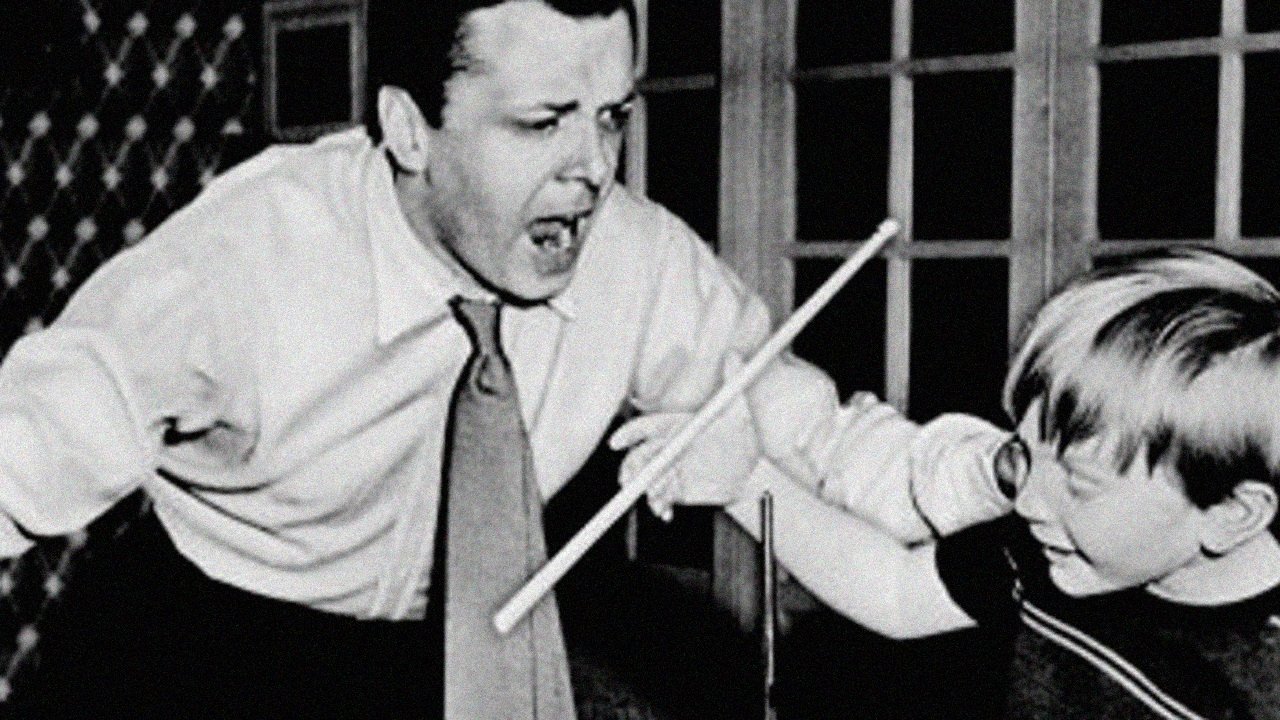
The Scamp (1957)
Tod is a motherless boy, who is mistreated by his violent father. He eventually finds happiness with kindly foster parents.

Tod is a motherless boy, who is mistreated by his violent father. He eventually finds happiness with kindly foster parents.
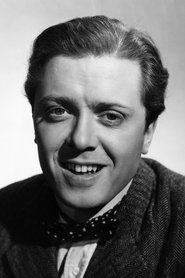 Richard AttenboroughStephen Leigh
Richard AttenboroughStephen Leigh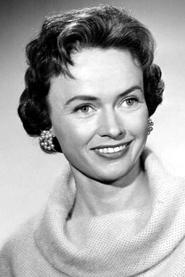 Dorothy AlisonBarbara Leigh
Dorothy AlisonBarbara Leigh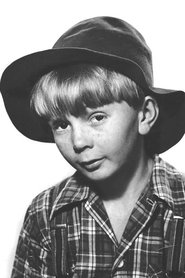 Colin PetersenTod Dawson
Colin PetersenTod Dawson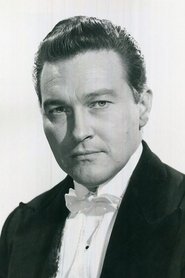 Terence MorganMike Dawson
Terence MorganMike Dawson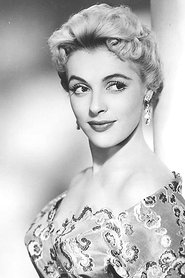 Jill AdamsJulie Dawson
Jill AdamsJulie Dawson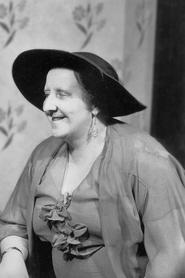 Maureen DelaneyMrs. Perryman
Maureen DelaneyMrs. Perryman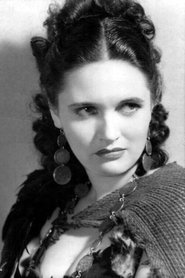 Margaretta ScottMrs. Marjorie Blundell
Margaretta ScottMrs. Marjorie Blundell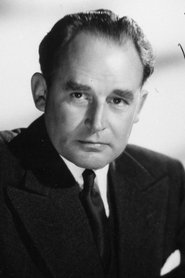 Geoffrey KeenHeadmaster
Geoffrey KeenHeadmaster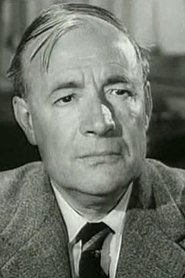 Charles Lloyd PackBeamish
Charles Lloyd PackBeamish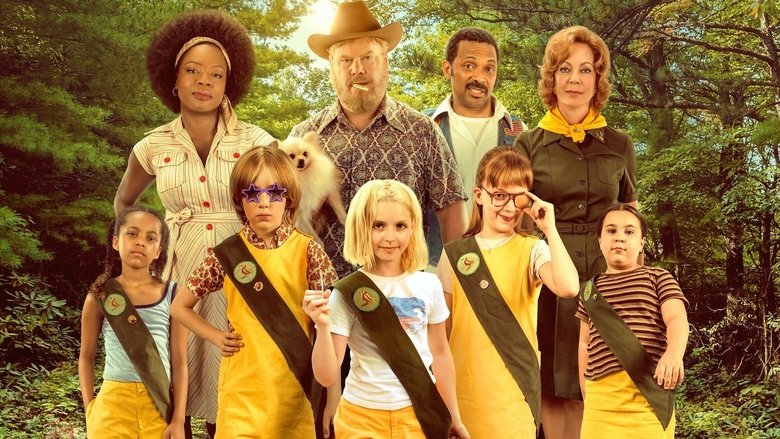
In rural 1977 Georgia, a misfit girl dreams of life in outer space. When a national competition offers her a chance at her dream, to be recorded on NASA’s Golden Record, she recruits a makeshift troupe of Birdie Scouts, forging friendships that last a lifetime and beyond.

After moving from New York City to Indiana, a 12 year old navigates his parents' divorce, his impending bar mitzvah and his new school's social circles.
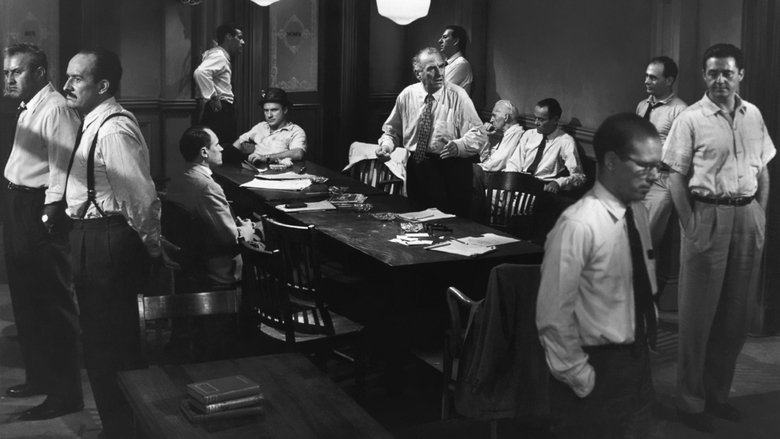
The defense and the prosecution have rested and the jury is filing into the jury room to decide if a young Spanish-American is guilty or innocent of murdering his father. What begins as an open and shut case soon becomes a mini-drama of each of the jurors' prejudices and preconceptions about the trial, the accused, and each other.
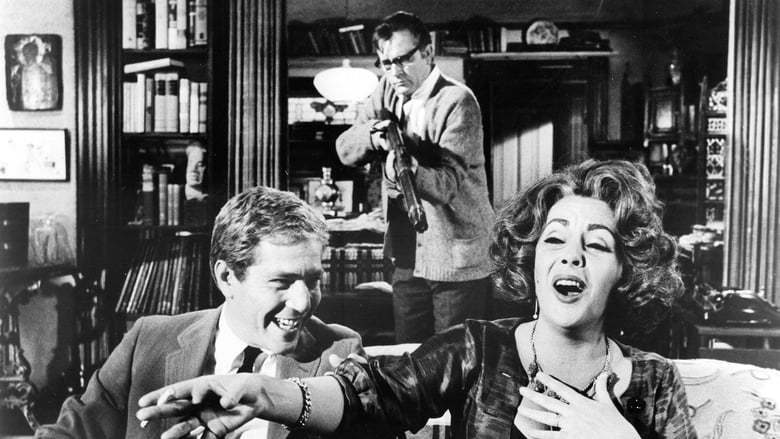
A history professor and his wife entertain a young couple who are new to the university's faculty. As the drinks flow, secrets come to light, and the middle-aged couple unload onto their guests the full force of the bitterness, dysfunction, and animosity that defines their marriage.

It's a dreary Christmas 1944 for the American POWs in Stalag 17 and the men in Barracks 4, all sergeants, have to deal with a grave problem—there seems to be a security leak.
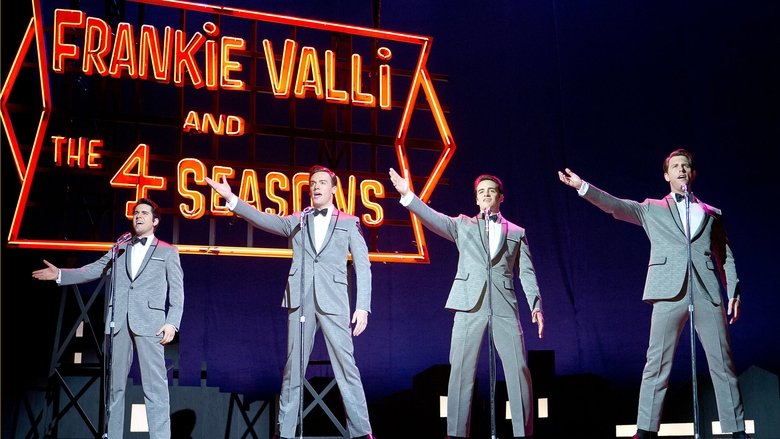
A musical biopic of the Four Seasons—the rise, the tough times and personal clashes, and the ultimate triumph of a group of friends whose music became symbolic of a generation. Far from a mere tribute concert, it gets to the heart of the relationships at the centre of the group, with a special focus on frontman Frankie Valli, the small kid with the big falsetto.
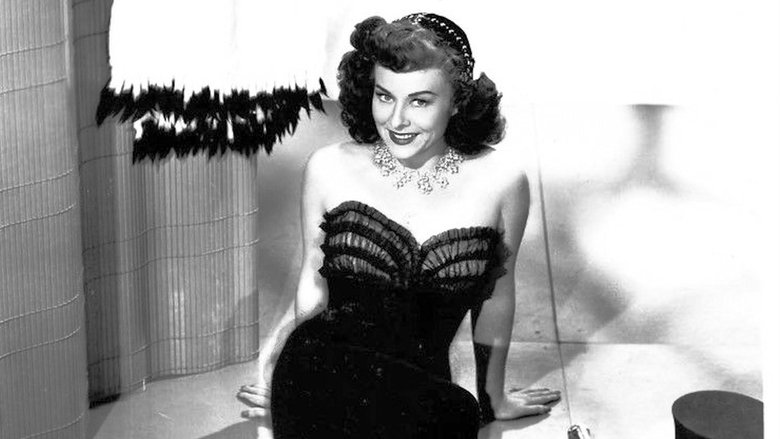
A prostitute is thrown out of her house by her alcoholic father, and her scheming brother-in-law tries to devise a plan to marry her off and make some money in the process.
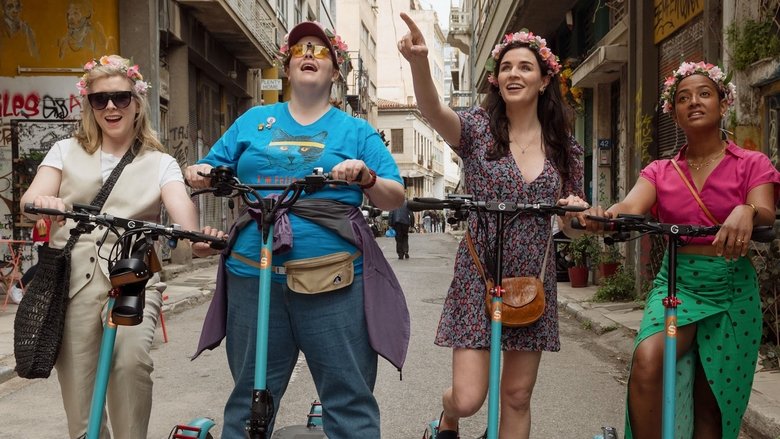
Based on the Take That musical, five best friends have the night of their lives seeing their favourite boy band in concert. Twenty-five years later, their lives have changed in many different ways as they reunite for one more epic show by their beloved band, to relight their friendship and discover that maybe their greatest days are ahead of them.
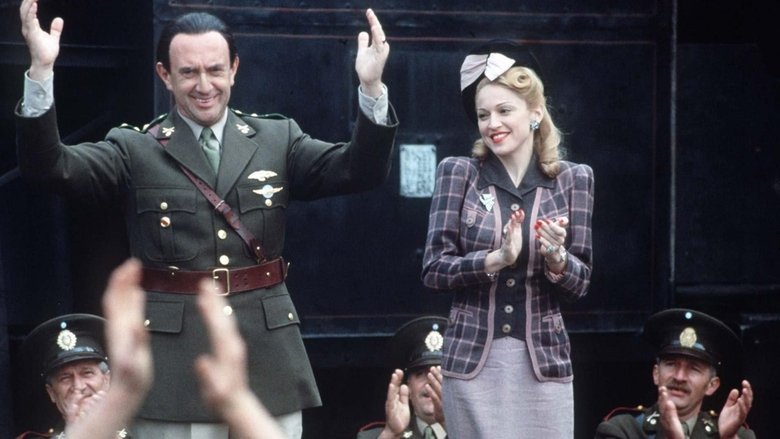
The hit musical based on the life of Evita Duarte, an Argentinian actress who eventually became the wife of Argentinian president Juan Perón, and the most beloved and hated woman in Argentina.
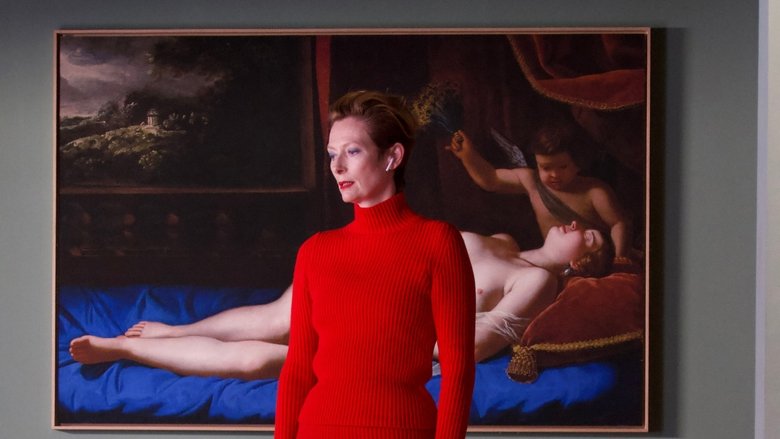
A woman watches time pass beside the suitcases of her ex-lover (who is supposed to come pick them up but never arrives) and a restless dog who doesn't understand that his master has abandoned him.
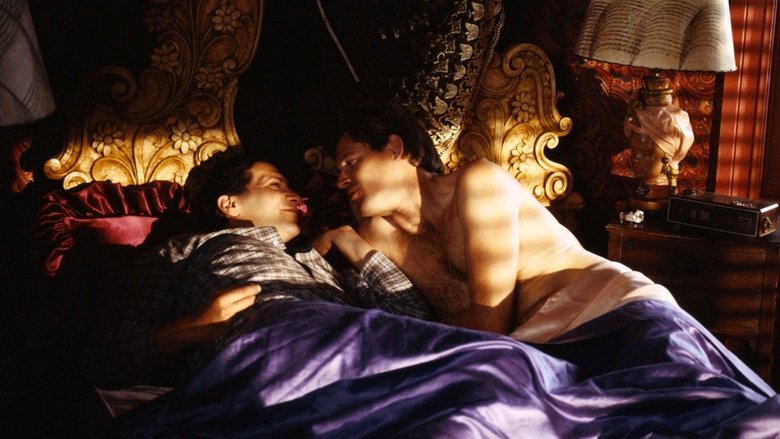
Arnold is a gay man working as a drag queen in 1971 NYC. He meets a handsome bisexual man.
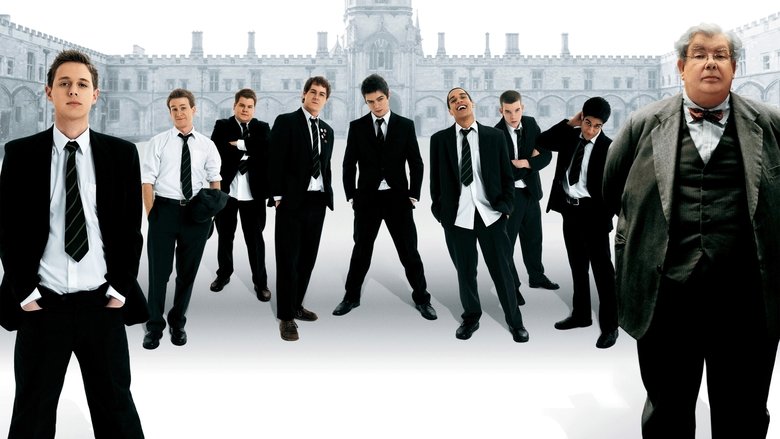
The story of an unruly class of bright, funny history students at a Yorkshire grammar school in pursuit of an undergraduate place at Oxford or Cambridge. Bounced between their maverick English master, a young and shrewd teacher hired to up their test scores, a grossly out-numbered history teacher, and a headmaster obsessed with results, the boys attempt to pass.

When Hamlet discovers his father’s deceased body, he finds himself pulled into a power struggle as his scheming uncle attempts to secure a monopoly on the Scandinavian rubber duck industry. Will Hamlet avenge his father? Will he become the king of rubber ducks? Does any of it really matter?
Pickwick is a British television musical made by the BBC in 1969 and based on the 1963 stage musical Pickwick, which in turn was based on the 1837 novel The Pickwick Papers written by Charles Dickens. It stars Harry Secombe as Samuel Pickwick and Roy Castle as Sam Weller. This television production was based on the stage musical Pickwick which had been a commercial success. It was adapted for the screen by James Gilbert and Jimmy Grafton. The musical had premiered in the West End in 1963, again with Harry Secombe in the lead role. Running at 90 minutes and made in colour, the TV musical again had lyrics by Leslie Bricusse and a score by Cyril Ornadel. The book was by Wolf Mankowitz and it was directed by Terry Hughes. The programme was first transmitted on 11 June 1969 and again on 26 December 1969. One of the better known songs from the score is "If I Ruled the World". The cast of this production differed somewhat from that of the stage musical.
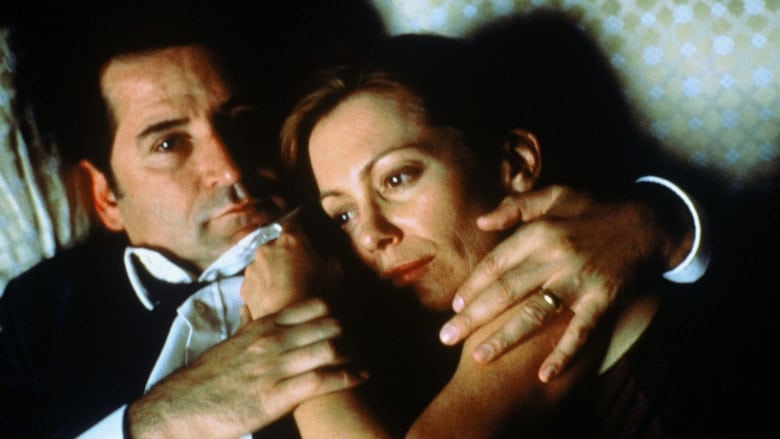
Plagued with grief over the murder of her daughter, Valerie Somers suspects that her husband John is cheating on her. When Valerie disappears, Detective Leon Zat attempts to solve the mystery of her absence. A complex web of love, sex and deceit emerges -- drawing in four related couples whose various partners are distrustful and suspicious about each other's involvement.
In pre-WW1 England, a youngster is expelled from a naval academy over a petty theft, but his parents raise a political furor by demanding a trial.

On the first day at his new school, Cameron instantly falls for Bianca, the gorgeous girl of his dreams. The only problem is that Bianca is forbidden to date until her ill-tempered, completely un-dateable older sister Kat goes out, too. In an attempt to solve his problem, Cameron singles out the only guy who could possibly be a match for Kat: a mysterious bad boy with a nasty reputation of his own.
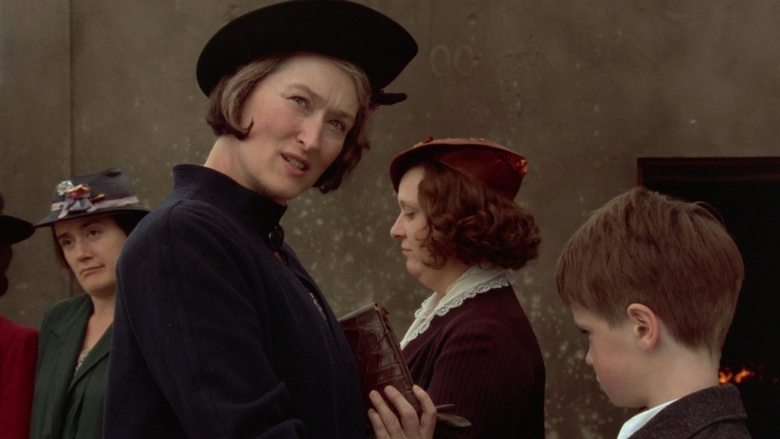
Five unmarried sisters make the most of their simple existence in rural Ireland in the 1930s.
The title character of this somewhat bitter comedy is Klára Zárubecká, a saleswoman at a train station buffet, a resolute and energetic woman who, with enviable enthusiasm, attempts to restore her family's reputation and thus ensure a happy future for her younger brother. In her everyday life, when Klára forces her customers to buy kittens, rejects a persistent admirer nicknamed Funebrák, and saves money for a large, albeit somewhat neglected villa, her stepbrother Fanda arrives with his girlfriend Erika, and her stepfather Viktor arrives with his mistress, wanting to borrow money from her, as he has done so many times before.